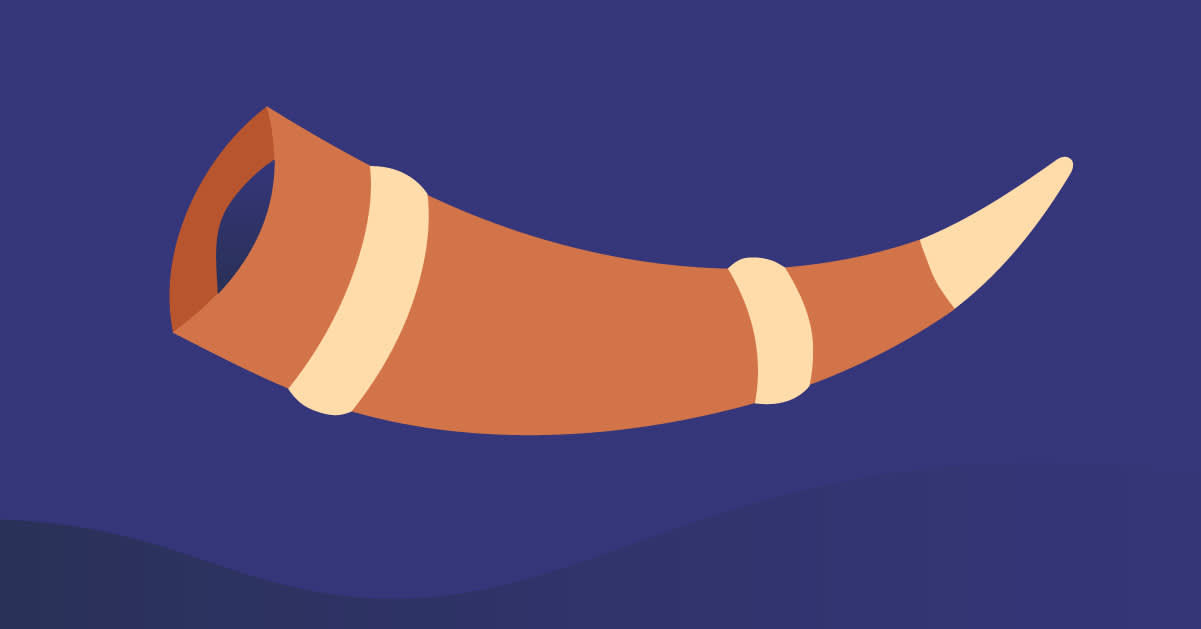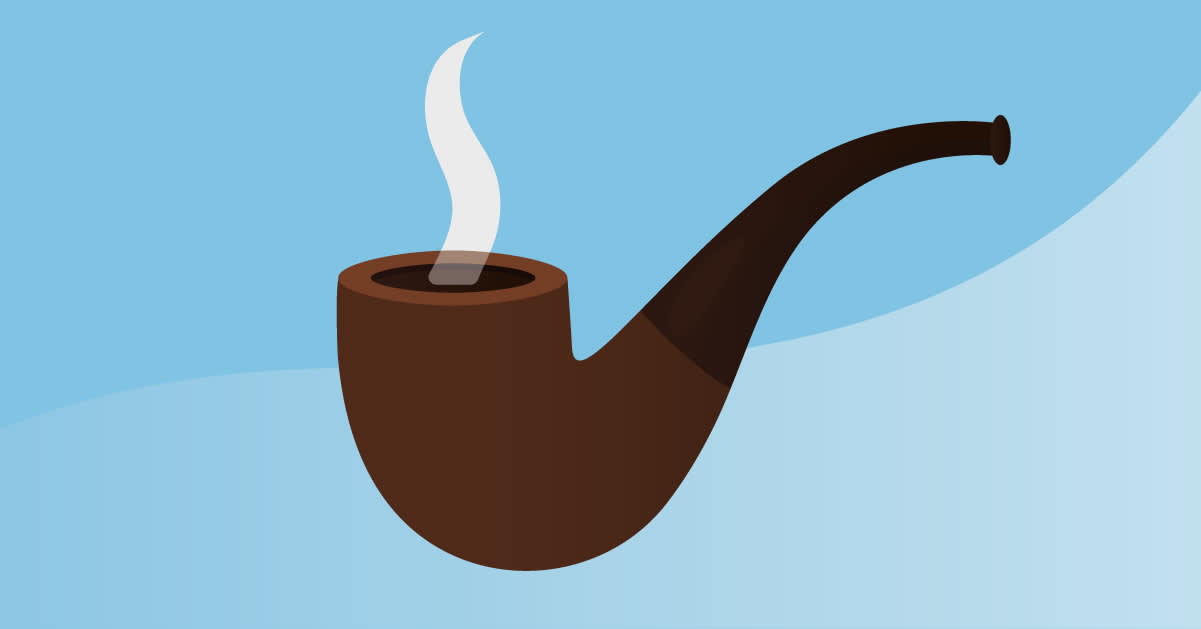Among the array of characters in The Lord of the Rings by J.R.R. Tolkien, one of the most intriguing is Boromir. Son of Denethor and heir to the Steward of Gondor, Boromir is present in only a small part of the trilogy. He first appears at the Council of Elrond, and dies before the end of Book One, The Fellowship of the Ring. Yet even though he is the only major character to die so early in the series, he plays an important role.
Boromir's arc through greed, temptation, and redemption is one of the most moving parts of the whole story. And despite the fact that he's in the book for less than 200 pages, he's a richly drawn character with a complicated backstory. At times, Tolkien uses Boromir as a foil for Aragorn and to illustrate the terrible power the Ring has over men. But Boromir is more than a token. A fully drawn and complex character, he's prideful, loyal, and impulsive, and he holds a deep and abiding love for his home of Gondor.
The Lord of the Rings is an epic adventure about a massive war between good and evil. In many cases, this is clear cut: the Dark Lord Sauron is evil incarnate, while Gandalf and Aragorn represent ultimate goodness and kingly wisdom. What about Boromir? Well, his case is a bit more complicated. With Boromir, Tolkien blurs the line between good and evil. His story is a reminder of what it means to be human: to strive and sometimes fail, to make mistakes and try again, to seek redemption and forgiveness—even in the face of death.
Who is Boromir?
Boromir was the oldest son of Denethor II, the last Ruling Steward of Gondor. He grew up in the city of Minas Tirith, a young lordling, heir to the Stewardship, and much enamored with the glory of Gondor of old. Boromir's mother, Finduilas, died when he was only 10 years old, and afterward, he looked out for his younger brother, Faramir, as best he could.
In his young adulthood, Boromir became a soldier of Gondor and leader of men. As the shadow of Mordor grew ever longer, he fought in many battles to protect his city from the ever-encroaching evil. He was one of the few survivors of the first battle at Osgiliath, when that city fell to Mordor's forces. "By our valor the wild folk of the East are still restrained, and the terror of Morgul kept at bay," he told the Council of Elrond when he arrived there, seeking answers and wisdom.
Boromir’s Personality
Boromir was a strong and esteemed warrior, and a proud and valiant man. In the appendix to The Lord of the Rings, which appears at the end of The Return of the King, Tolkien describes him like this: "Boromir, five years the elder, beloved by his father, was like him in face and pride, but in little else. Rather he was a man after the sort of King Eärnur of old, taking no wife and delighting chiefly in arms; fearless and strong, but caring little for love, save the tales of old battles."
Boromir came of age in a time when Gondor was constantly at war, and he took naturally to heroism and battle. His belief in the strength of men and the power of weaponry predisposed him to succumb to the Ring's influence. The Ring works its evil partially by playing on the fears and secret desires of those it seeks to control. Boromir, a man trained to defend his city with his life, heir to the throne but not a king himself, was easily swayed by its seductive power.
Boromir’s Weapons and Abilities
Boromir was a trained warrior, known in Minas Tirith as the Captain of the White Tower. He carried a sword and a heavy shield, both of which he wielded with strength and prowess. He also carried the Horn of Gondor, an heirloom of the Steward of Gondor, passed down from father to son. It was said that if this horn were blown at a time of need anywhere within the kingdom of Gondor, it would be heard. Boromir blew it shortly before his death, seeking help while outnumbered by Orcs. After his death, Aragorn, Legolas, and Gimli laid the horn, along with his sword and shield, in Boromir's funeral boat.
Boromir’s Key Relationships
Denethor
Boromir was beloved by his father, Denethor, though the two were alike only in certain ways. Denethor was a wise and studious man, shrewd, and an expert at reading people. Though Denethor and Boromir don't interact in the book itself, Denethor makes clear how much he loved Boromir, and how deeply he misses him. When speaking with his younger son, Faramir, in The Return of the King, Denethor admits that he wishes their fates had been reversed—that Faramir had died instead of Boromir. "For Boromir was loyal to me and no wizard's pupil," he says. "He would have remembered his father's need, and would not have squander what fortune gave. He would have brought me a mighty gift."
This mention of the Ring highlights the similarities between Boromir and his father, who both desired the Ring for the power they hoped it would bring them.
Faramir
Though the movies highlight the tense relationship between Faramir and Boromir, in the book Boromir and Faramir are portrayed as being close. The tension lies between Faramir and his father, not his brother. Faramir, five years younger than Boromir, is, as described in The Return of the King, "gentle in bearing, and a lover of lore and music." Despite their differences, the brothers cared deeply about one another.
"Yet between the brothers there was great love, and had been since childhood, when Boromir was the helper and protector of Faramir," Tolkien writes in the appendix to The Lord of the Rings (which appears at the end of The Return of the King). "No jealousy or rivalry had arisen between them since, for their father's favor or the praise of men."
At the Council of Elrond, Boromir declares that he undertook the journey to Rivendell partially out of a desire to protect his brother from its dangers. And after Boromir's death, Faramir says to Denethor: "Since you are robbed of Boromir, I will go and do what I can in his stead—if you command it." It's clear that Faramir is grieving his brother's death, while also struggling to live up to the image his father had of him.
Aragorn
Aragorn and Boromir, unrelated by blood but united in their love of Gondor, were the only two men who set out with the Company from Rivendell. When Boromir first meets Aragorn at the Council of Elrond, he is immediately suspicious. Aragorn is the heir of Elendil, last King of Gondor, and the only man who can reclaim the throne from the Stewards. Boromir expresses his doubt in Aragorn's skill and lineage: "Mayhap the Sword-that-was-Broken may still stem the tide—if the hand that wields it has inherited not an heirloom only, but the sinews of the Kings of Men," he says to Aragorn in The Fellowship of the Ring.
But over the course of their travels together, Boromir comes to deeply respect Aragorn, even as his desire for the Ring grows stronger. He expresses doubt at some of Aragorn's choices, but he always follows Aragorn's lead, deferring to him in leadership of the Company after Gandalf's fall.
In The Two Towers, when Frodo and Sam meet Faramir, and after learning more of Boromir's backstory, Frodo tells Faramir that Boromir always treated Aragorn as a friend and comrade. Faramir is not surprised. He tells Frodo: "If he were satisfied of Aragorn's claim, as you say, he would greatly reverence him."
Aragorn is with Boromir when he dies. Despite the strain between them, Boromir dies with honor, and Aragorn recognizes him as a valiant man and warrior.
Boromir’s Key Moments in The Lord of the Rings
The Council of Elrond
During the events of The Fellowship of the Ring, Boromir is 40, five years older than his brother Faramir. He sets out on a long and dangerous journey from Gondor to Rivendell to seek the wisdom and advice of Elrond regarding a strange dream he and Faramir both had. In the dream, a riddle came to them, speaking of Rivendell and the Ring in coded terms. At the Council, he describes the battles his people are fighting against Mordor and the grim situation they find themselves in. After learning the truth about the Ring, he declares that it should be brought to Minas Tirith to be used as a weapon against the Dark Lord. He quickly backs down, but here Tolkien sets up the central conflict of this character's story: Boromir will wrestle with his desire for the Ring until his death.
Journeying with the Company
During the Company's perilous travels in The Fellowship of the Ring, Boromir acts as a steadfast warrior and protector of the Hobbits. He fights valiantly in various battles: from when the Company is attacked by wolves just outside the Gates of Moria to their encounters with Orcs and a Cave-troll. He helps carry the Hobbits to safety during their failed attempt at the Pass of Caradhras, plowing a way through the heavy snow with his body.
Though he sometimes expresses doubt at both Gandalf's and Aragorn's leadership, he always defers to them in the end. His most notable disagreement with Aragorn occurs just before the company enters Lorien. Boromir, having heard rumors about the power of Galadriel, fears to venture into the woods and is firmly against it. Aragorn tells him that there is no evil in the forest unless a man brings it in himself. This proves true for Boromir—it is in Lorien that his desire for the Ring begins to take over.
How does Boromir die?
Boromir dies at the end of The Fellowship of the Ring while defending Merry and Pippin from Orcs. While the Company is deciding what path to take next, Frodo wanders into the woods, struggling to gather the courage to do what he needs to do: travel on to Mordor to destroy the Ring. Boromir tracks him down and tries to take the Ring from him by force. Soon after, Frodo runs away from him in fear.
Later, when Orcs overrun the scattered Company, Boromir makes a last stand, attempting to save Merry and Pippin from capture. He is killed by many Orc-arrows and dies with Aragorn at his side, after repenting for his attempt to take the Ring.
Does the Ring corrupt Boromir?
Yes. The Ring thrives on evil, uncertainty, fear, and greed. It is a corrupting force. So naturally, Boromir, a man who desires power and believes in the might of weapons above all else, falls easily into its trap. It does corrupt him, the desire for it steadily growing until he can no longer ignore it, and he turns on Frodo.
When Boromir tries to take the Ring from Frodo, a madness comes over him. He yells at the Hobbit, demanding that he hand over the Ring at once. Though at first he approaches Frodo as a friend, offering to free him of the burden of carrying the Ring, he grows steadily more agitated, and soon becomes angry. He forgets that Frodo is even there, imagining instead the great works he will do with the power of the Ring, envisioning himself as a "mighty king, benevolent and wise.” When Frodo refuses, he calls the Hobbit a "miserable trickster" and implies he is going to betray them all by taking the Ring directly to Sauron. "It is not yours save by unhappy chance," Boromir declares. "It might have been mine. It should be mine. Give it to me!"
This outburst is unlike Boromir, who is generally kind and steadfast. After Frodo flees, Boromir realizes that he has succumbed to the power of the Ring. "What have I done?" he says. "A madness took me, but it has passed." He tries to call Frodo back to apologize, but it is too late.
Does Boromir redeem himself?
After this terrible incident, Boromir returns to the Company and admits to Aragorn that he saw Frodo in the woods. When they all realize no one has seen Frodo in some time, everyone jumps up and runs off in different directions, searching for him. Aragorn asks Boromir to follow Merry and Pippin, and Boromir does. When Orcs overtake them, he defends the Hobbits to his death.
When Aragorn finds him, mortally wounded and barely alive, Boromir repents. In a moving scene, Boromir admits that he tried to take the Ring from Frodo, and with his last breaths, he begs Aragorn to go to Minas Tirith in his stead. Despite his mistakes, despite the pain he caused and the Ring's corruption, Boromir finds peace before he dies.
Tolkien makes Boromir's redemption even clearer later in the book. Aragorn, Legolas, and Gimli place Boromir's body in a boat and send him down the Anduin to the sea. The boat travels down the river into Gondor, where Faramir sees it. He shares his final impression of his brother with Frodo: "Whether he erred or no, of this I am sure: he died well, achieving some good thing. His face was more beautiful even than in life."
Was Boromir a good man?
Though the stark contrast between good and evil are clear in much of The Lord of the Rings, the lines between them blur in the character of Boromir. He was a good man corrupted by the evil of the Ring. His conflicts and flaws highlight not only the Ring's deadly pull but also Boromir's human nature. Of all the characters in the Company, Boromir is the most human. (Aragorn, though also human, is directly descended from the Kings of Numenor, and thus carries a kind of magic in his blood, a wisdom and a greatness rarely seen in other men.) Perhaps Boromir's downfall and eventual redemption are so moving because his struggle is so relatable. He represents the very best of human nature and the worst of it.
The Best Boromir Quotes
"Why do you speak ever of hiding and destroying? Why should we not think that the Great Ring has come into our hands to serve us in the very hour of need?" —The Fellowship of the Ring
"But always I have let my horn cry at setting forth, and though thereafter we may walk in the shadows, I will not go forth as a thief in the night." —The Fellowship of the Ring
"When heads are at a loss bodies must serve, as we say in my country. The strongest of us must seek a way." —The Fellowship of the Ring
"Against my will we passed under the shades of Moria, to our loss. And now we must enter the Golden Wood, you say. But of that perilous land we have heard in Gondor, and it is said that few come out who once go in; and of that few none have escaped unscathed." —The Fellowship of the Ring
"It is not the way of the Men of Minas Tirith to desert their friends at need." —The Fellowship of the Ring
"The Ring! Is it not a strange fate that we should suffer so much fear and doubt for so small a thing? So small a thing!" —The Fellowship of the Ring
"True-hearted Men, they will not be corrupted. We of Minas Tirith have been starch through long years of trial. We do not desire the power of wizard-lords, only strength to defend ourselves, strength in a just cause. And behold! In our need chance brings to light the Ring of Power. It is a gift, I say; a gift to the foes of Mordor." —The Fellowship of the Ring





